TL;DR
Daughters of the Land is an Indigenous non-profit organization whose mission is to provide women, children of all ages, and at-risk youth with the opportunity to experience traditional and contemporary land-based education, language, and culture. Activities are conducted in safe, nurturing environments and help them cultivate a sense of identity.
The Urban Youth and Families Food Sovereignty Project was aimed at providing urban youth and their families with education on food security and growing foods, as well as immersing them with land-based experiences such as hunting, fishing, gathering foods, and the many techniques used to preserve and sustain foods for long term storage.
Details
To highlight the work CREation Grantees are doing in their communities, the CREation Community Grants Team sends out Q&A forms so they can share their experiences creating and carrying out their projects. Today we are featuring responses from Tania Badger-Trottier of Daughters of the Land on their Urban Youth and Families Food Sovereignty initiative.
Community: Cold Lake, Alberta
Q : Tell us about your group and project!
A : Daughters of the Land is an Indigenous non-profit organization whose mission is to provide women, children of all ages, and at-risk youth with the opportunity to experience traditional and contemporary land-based education, language, and culture. Activities are conducted in safe, nurturing environments and help them cultivate a sense of identity. The Urban Youth and Families Food Sovereignty Project was aimed at providing urban youth and their families with education on food security and growing foods, as well as immersing them with land-based experiences such as hunting, fishing, gathering foods, and the many techniques used to preserve and sustain foods for long term storage.
What they’ve been up to:
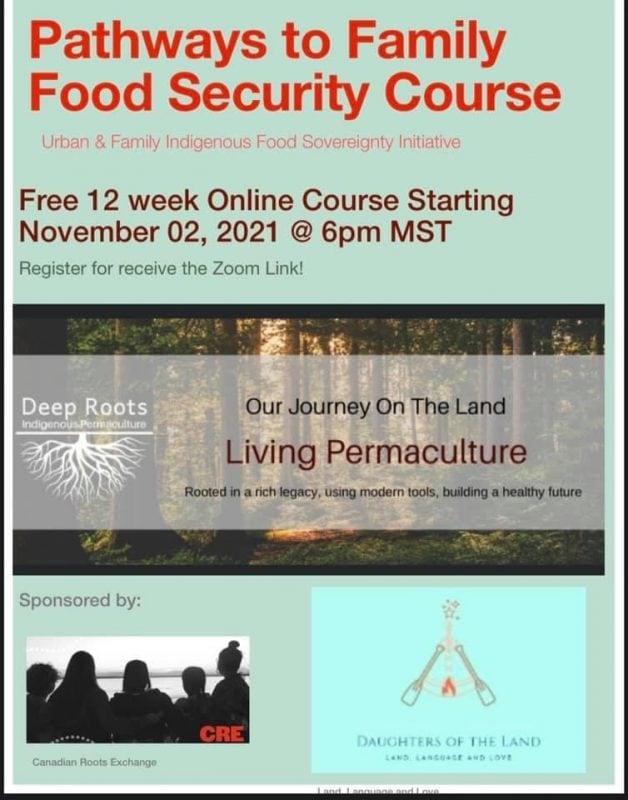
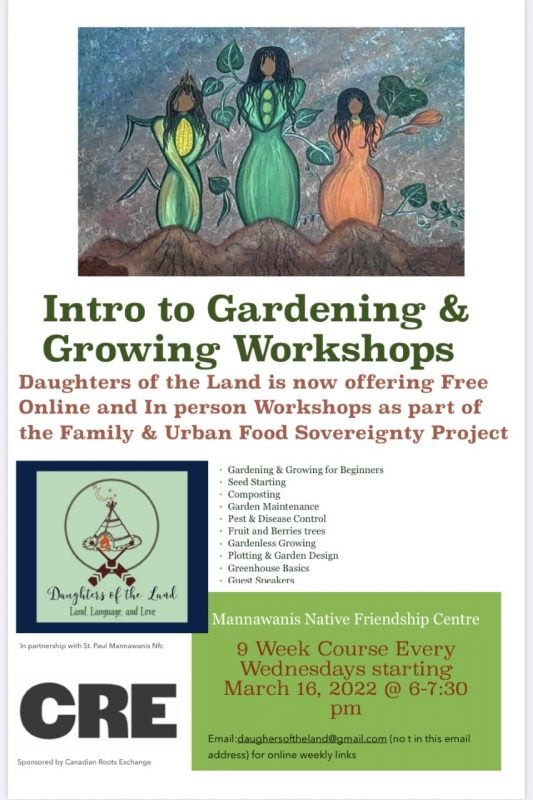
Q : As the youth running the project, what impact do you hope it will have?
A : Food Sovereignty is crucial to the sustainability and survival of families, especially in urban centers where food deserts are more prevalent and access to traditional foods is very limited. This project hopes to educate the youth and their families with valuable skills and knowledge in pathways to food security; this will impact them to advocate for the importance of being sustainable, especially in uncertain times.
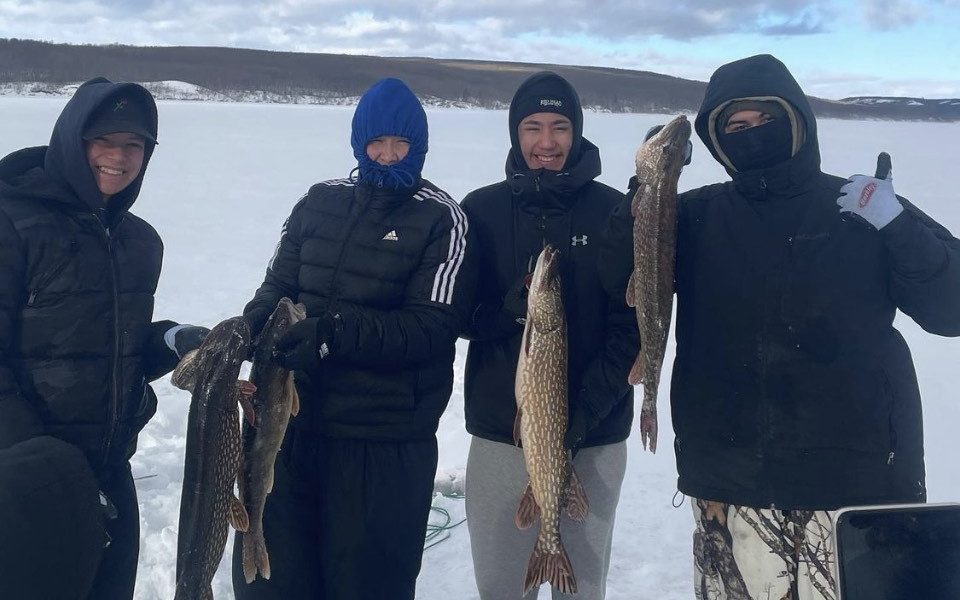
Q : What is something you have learned?
A : I’ve learned that food preparation and storage require different techniques, and there are different methods that can be practiced. We’ve learned the value of hunting, fishing, gathering, and the multitude of knowledge that is available. We’ve learned that gathering is an important aspect of food sovereignty that requires time and investment from the whole family unit. Also, food brings connection and valuable teachings when immersed in the land and we’ve learned it is important to respect the land that provides for us.
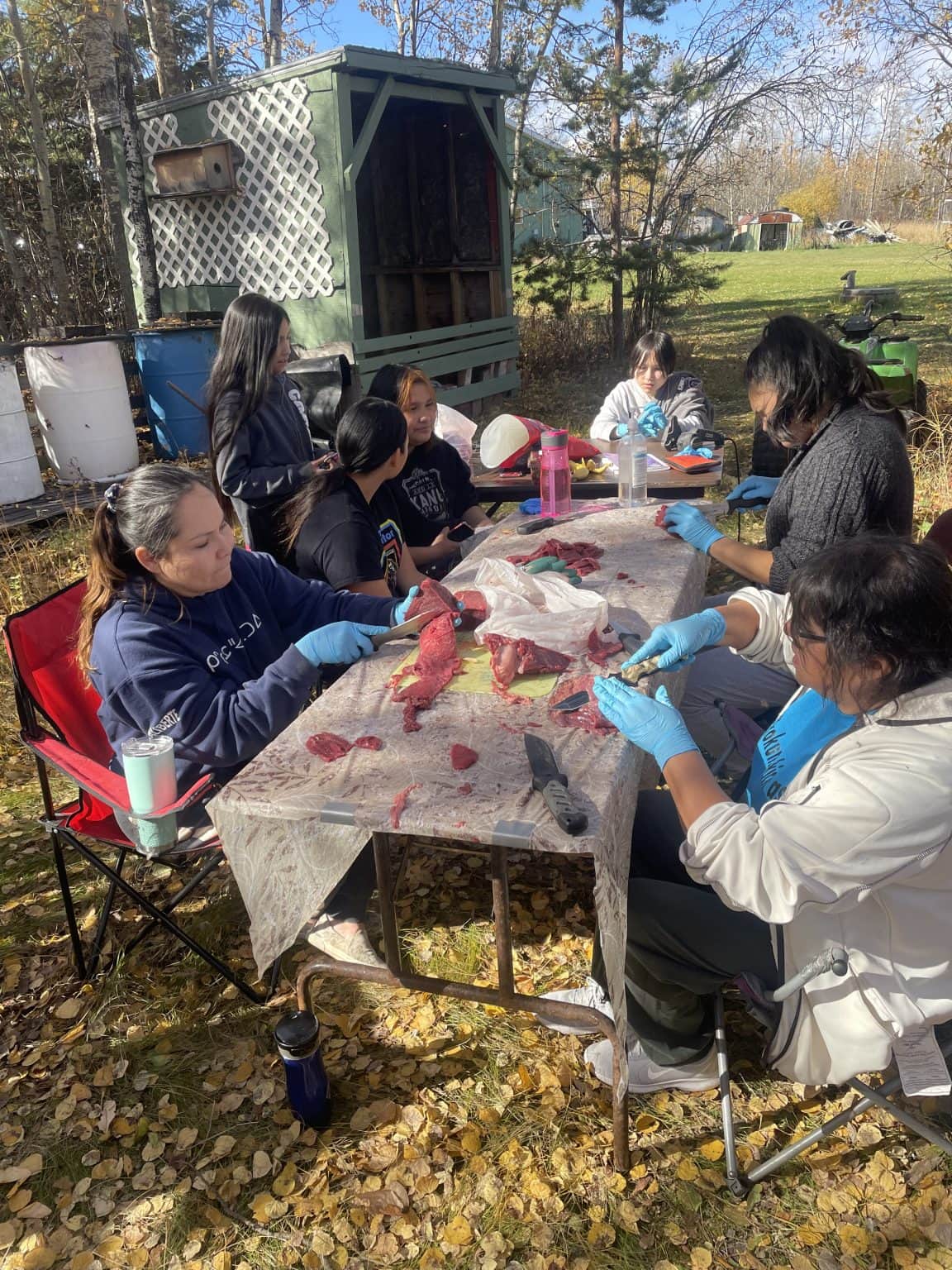
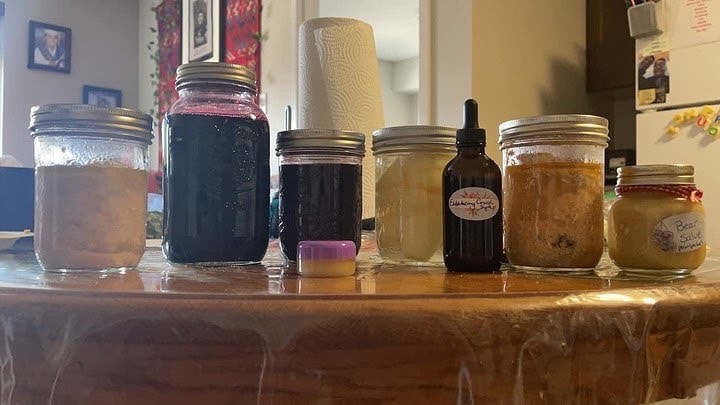
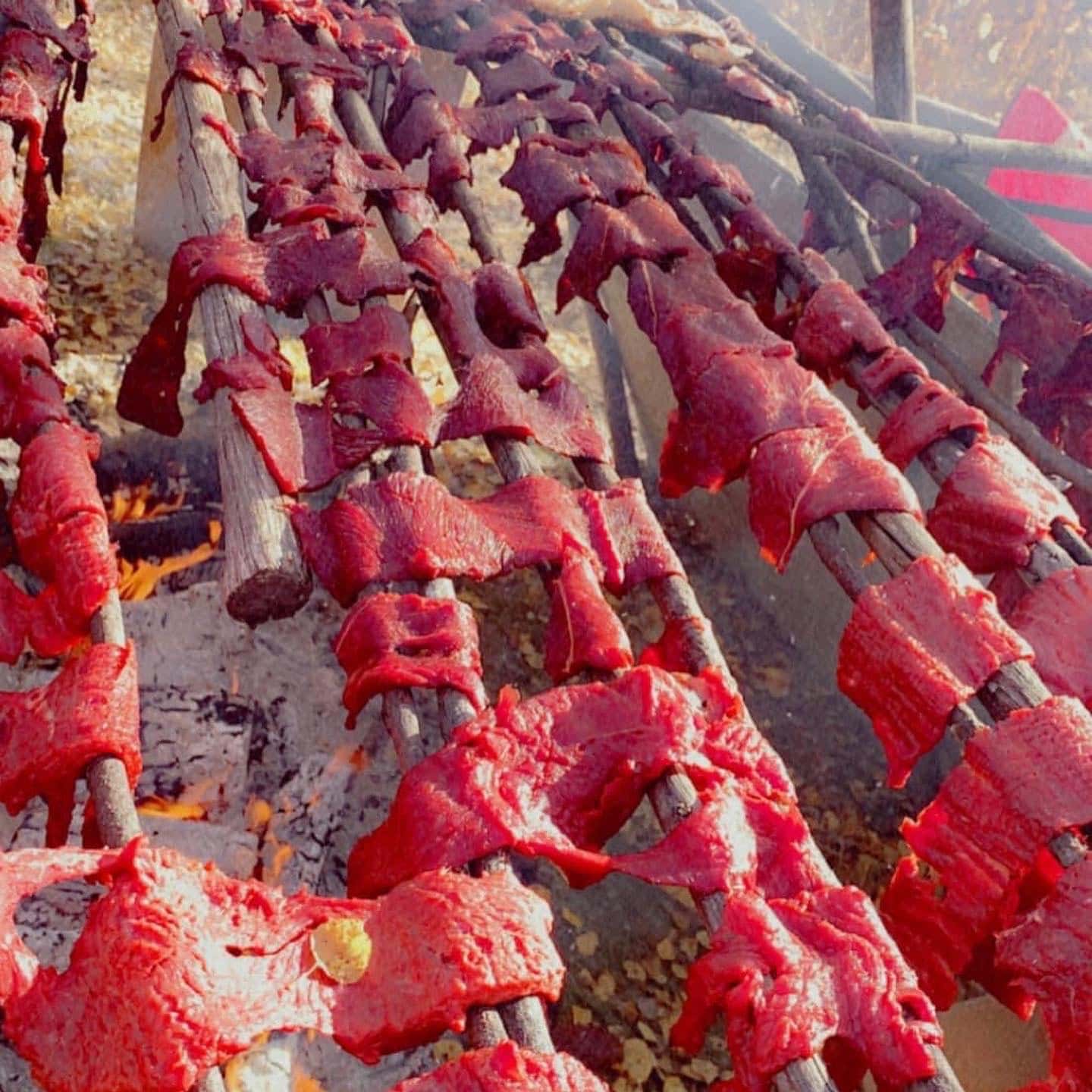
”
Food brings connection and valuable teachings when immersed in the land and we’ve learned it is important to respect the land that provides for us.
Tania Badger-Trottier, Daughters of the Land
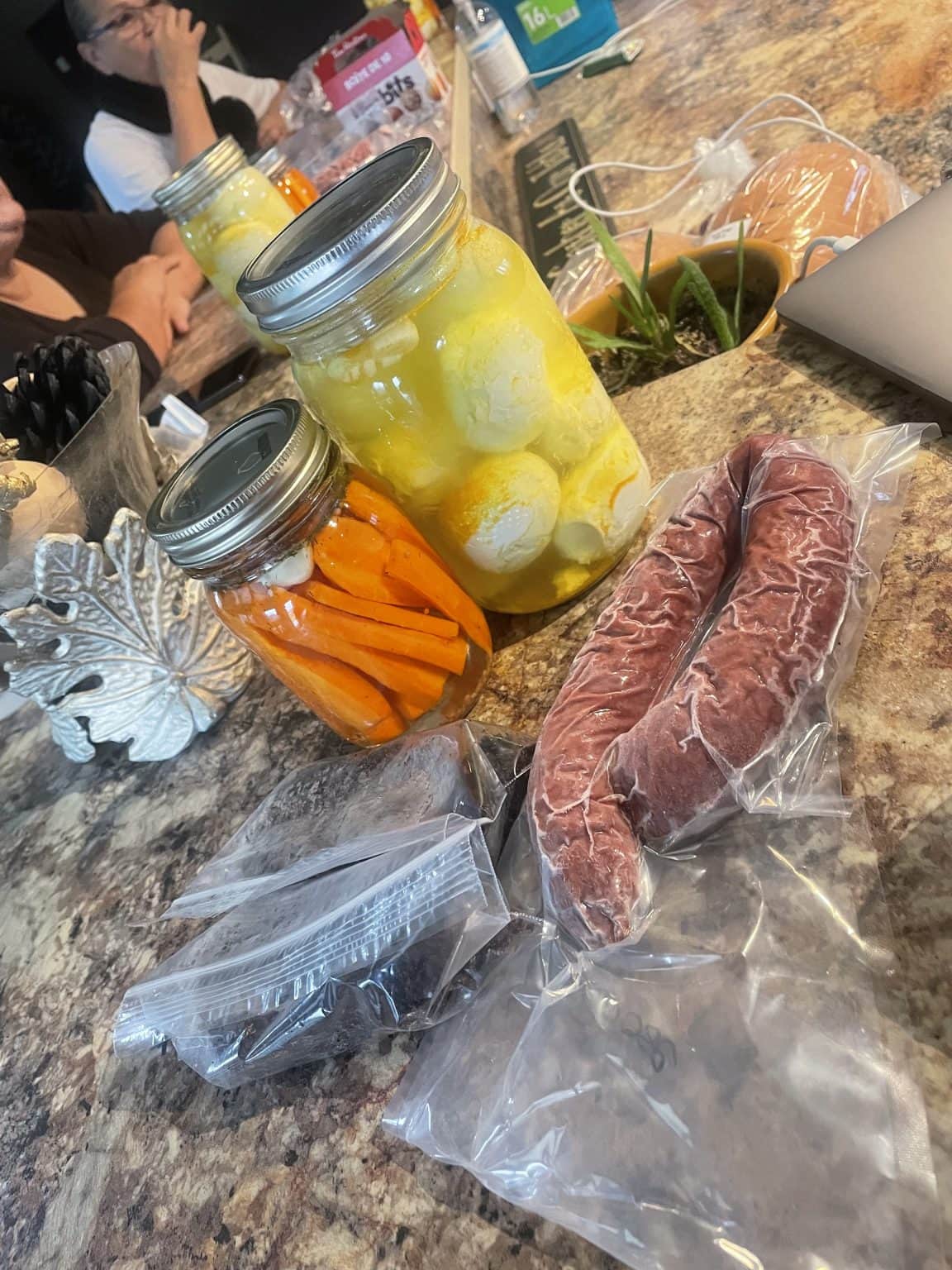
Q: What is your favourite moment from running your project?
A : It is imperative to involve the Elders and Knowledge Keepers of the local area who know the land, stories, and teachings that come with the foods that are grown, gathered, and harvested! With any project, there should always be Elders and Knowledge Keepers to help guide and support the project to successful completion.
The young men and boys were the most influenced by being taught valuable hunting and fishing skills by experienced male role models. Many did not have that positive male presence in their lives, and it gave them identity as young male providers.
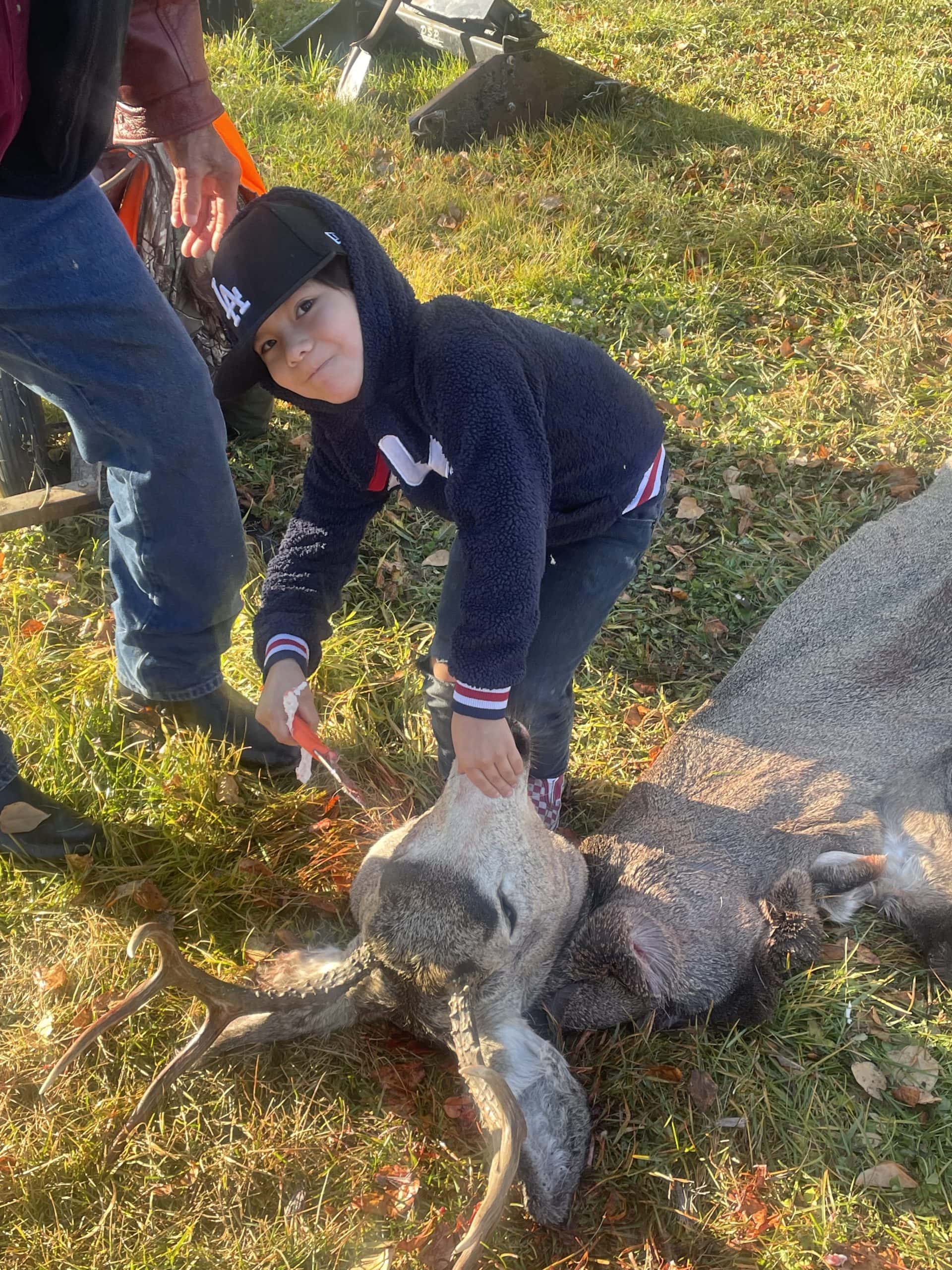
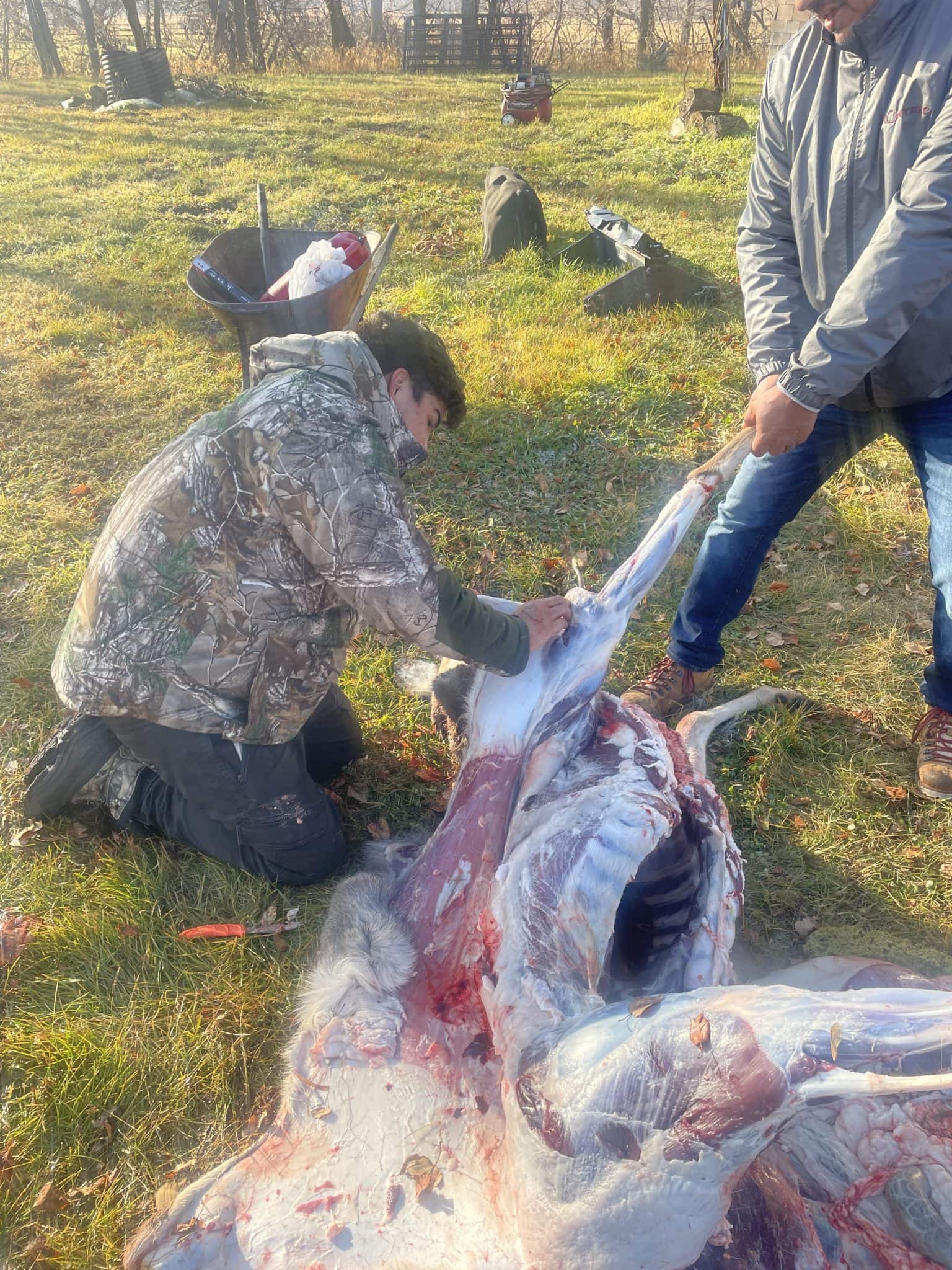
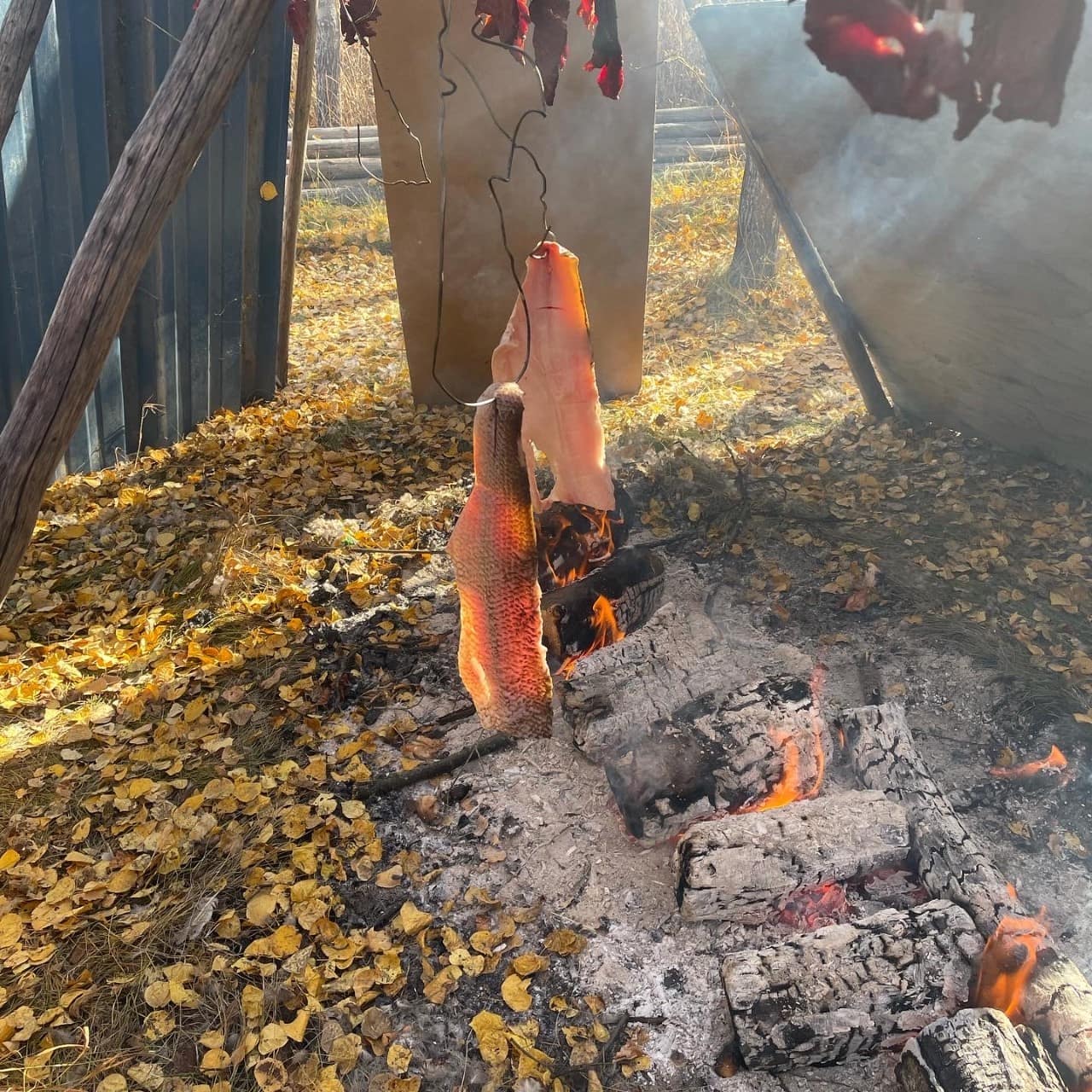
We are so proud of the heart-work our young relatives like Tania Badger-Trottier from the Daughters of the Land team are doing across Turtle Island and are so lucky to be able to support them in their work.